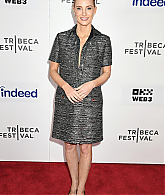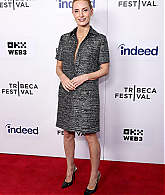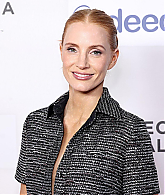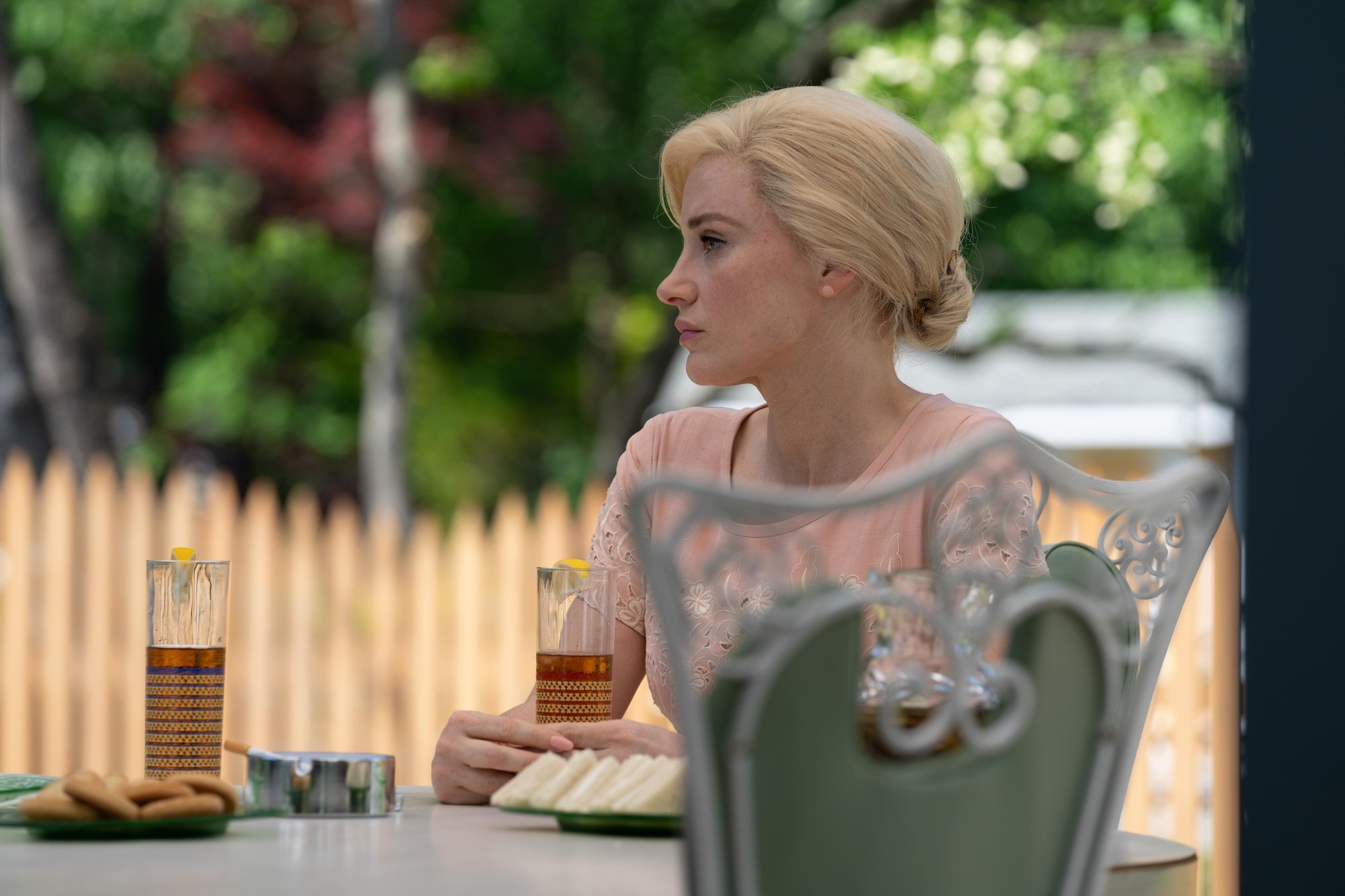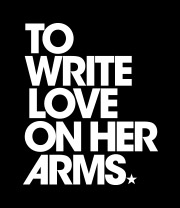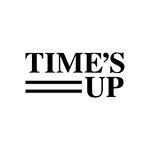 elcome to Jessica Chastain Network, your oldest and most complete resource dedicated to Jessica Chastain. You may better remember her as Molly Bloom in Molly's Game or Maya in Zero Dark Thiry. Academy Award winner for The Eyes of Tammy Faye, Jessica spans her career from big to small screen, seeing her not only in movies like The Help, The Debt, Miss Sloane, Woman Walks Ahead, The Zookeeper's Wife, The Good Nurse, she also played some iconic roles for series like Scenes from a Marriage and George & Tammy. Recently she registered a podcast series, The Space Within, and had a role in Memory and Mothers' Instinct. This site aims to keep you up-to-date with anything Mrs. Chastain with news, photos and videos. We are proudly PAPARAZZI FREE!
elcome to Jessica Chastain Network, your oldest and most complete resource dedicated to Jessica Chastain. You may better remember her as Molly Bloom in Molly's Game or Maya in Zero Dark Thiry. Academy Award winner for The Eyes of Tammy Faye, Jessica spans her career from big to small screen, seeing her not only in movies like The Help, The Debt, Miss Sloane, Woman Walks Ahead, The Zookeeper's Wife, The Good Nurse, she also played some iconic roles for series like Scenes from a Marriage and George & Tammy. Recently she registered a podcast series, The Space Within, and had a role in Memory and Mothers' Instinct. This site aims to keep you up-to-date with anything Mrs. Chastain with news, photos and videos. We are proudly PAPARAZZI FREE!

 elcome to Jessica Chastain Network, your oldest and most complete resource dedicated to Jessica Chastain. You may better remember her as Molly Bloom in Molly's Game or Maya in Zero Dark Thiry. Academy Award winner for The Eyes of Tammy Faye, Jessica spans her career from big to small screen, seeing her not only in movies like The Help, The Debt, Miss Sloane, Woman Walks Ahead, The Zookeeper's Wife, The Good Nurse, she also played some iconic roles for series like Scenes from a Marriage and George & Tammy. Recently she registered a podcast series, The Space Within, and had a role in Memory and Mothers' Instinct. This site aims to keep you up-to-date with anything Mrs. Chastain with news, photos and videos. We are proudly PAPARAZZI FREE!
elcome to Jessica Chastain Network, your oldest and most complete resource dedicated to Jessica Chastain. You may better remember her as Molly Bloom in Molly's Game or Maya in Zero Dark Thiry. Academy Award winner for The Eyes of Tammy Faye, Jessica spans her career from big to small screen, seeing her not only in movies like The Help, The Debt, Miss Sloane, Woman Walks Ahead, The Zookeeper's Wife, The Good Nurse, she also played some iconic roles for series like Scenes from a Marriage and George & Tammy. Recently she registered a podcast series, The Space Within, and had a role in Memory and Mothers' Instinct. This site aims to keep you up-to-date with anything Mrs. Chastain with news, photos and videos. We are proudly PAPARAZZI FREE!
Jessica Chastain on Calling Out Bryan Singer: ‘I’m Going to Speak My Mind’
Nick Schager
November 7, 2017
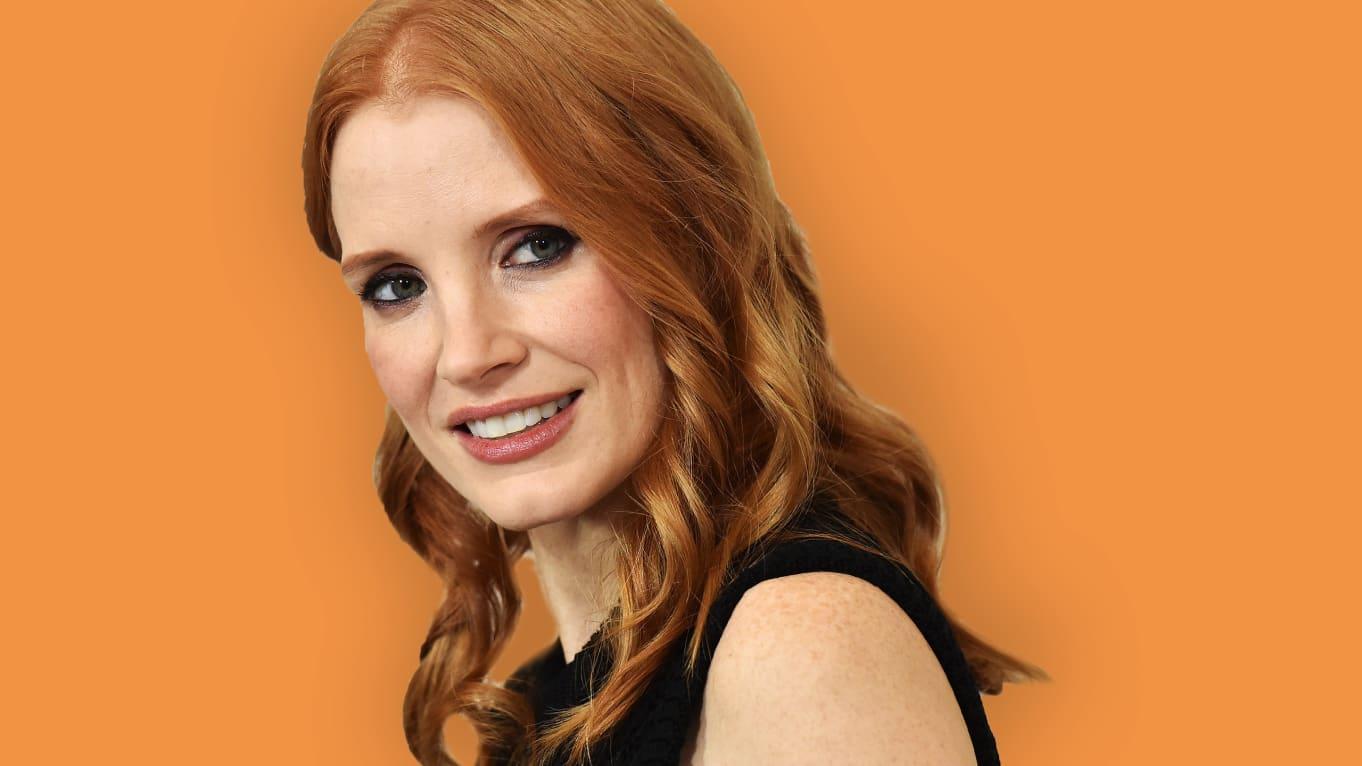
Article taken from The Daily Beast.
Jessica Chastain on Calling Out Bryan Singer: ‘I’m Going to Speak My Mind’
The Oscar-nominated actress opens up about her new film ‘Molly’s Game,’ the wave of sexual abuse allegations in Hollywood, and calling out the producer of her next movie.
Jessica Chastain does not mince words when it comes to Hollywood’s burgeoning sexual abuse scandals—as anyone who follows her on Twitter knows full well.
Nonetheless, with revelations continuing to mount about Harvey Weinstein, Kevin Spacey, James Toback, Brett Ratner, and more movie-biz power players, the actress—set to earn serious Oscar attention with this December’s Molly’s Game—is optimistic about what these bombshells mean long-term, for women, for the industry, and for America in general.
“I feel hopeful. I feel happy,” Chastain says by phone this past Sunday when asked about her state of mind regarding the stories of Hollywood harassment and assault that have recently dominated the headlines. “I know it’s devastating, it’s terrible, it’s heartbreaking. These stories that are coming out are just so sad. But what makes me hopeful is that people are taking responsibility for their silence, their inaction. In no way should we, as a society, look at the victims and show any sense of blame. But anyone involved in an industry where there is abuse like this, you are part of the problem. And your inaction makes you complicit. So what’s happening now is… I think everyone is starting to look at where they fit in this industry.”
Not that such misogynistic crimes are confined to Tinseltown. “It’s in all industries. We have to ask, what can I do, moving forward, to prevent this violence from happening? This abuse of power? What can I do to create a healthy work environment? Because we have all been groomed to the normalization of violence, and the normalization of abuse. And we refuse to live in that society,” says Chastain.
Noting that she was fortunate to have entered the movie industry as an adult (and with the confidence that comes from having had a life before Hollywood), she continues, “Only a woman can tell you what it’s like to be a woman in a society where men are in charge. When you have one demographic that controls the livelihood of minorities, then you’re always going to have abuses of power. So this goes way beyond Hollywood. I know it’s the focus right now because we’re an industry that’s always in the media. But you have to look at our political system. You have to look at Wall Street. You have to look at the news media. There are so many industries.”
Women’s continuing struggle for parity, respect and authority in a male-dominated professional arena is not only relevant to Chastain as an outspoken champion of equal rights, but also because it’s the focus of Molly’s Game (out Dec. 25), which should put her in the thick of this year’s Best Actress conversation.
Written and—for the first time—directed by Aaron Sorkin (The Social Network), it’s a rat-a-tat-tat drama about the extraordinary true life of Molly Bloom (played by Chastain), who after losing her shot at Olympic skiing glory courtesy of a horrific injury, moved to Los Angeles at 26 and soon began organizing poker games for the city’s rich and powerful, including Ben Affleck, Leonardo DiCaprio, and Tobey Maguire (the latter seemingly fictionalized in the film as a nasty character played by Michael Cera). Earning millions a year, she eventually wound up relocating to New York, where after two more years of lucrative games, she was arrested and charged by the FBI—an amazing story recounted in her tell-all memoir, the basis for Sorkin’s script.
Co-starring Idris Elba as Bloom’s upright lawyer, and Kevin Costner as Bloom’s demanding psychologist father—who turned her into a competitive skier—Molly’s Game is a saga about a determined woman trying to make it in an exclusive, and exclusionary, man’s world. As such, it arrives at a fortuitous moment—a notion Chastain wholeheartedly endorses. “Of course it’s timely. It’s incredible,” she agrees. “Aaron Sorkin, I believe, is our greatest American screenwriter, because he has his finger on the pulse. He’s a political filmmaker from the very beginning. When you look at his films and his writing, he writes about social justice prevailing against the odds. There’s strong idealism in his writing.”
Just as impressive as Sorkin’s screenplay, Chastain thinks, is the fact that the Oscar-winning screenwriter chose Bloom’s tale as the one he wanted to tell. “When he sent me the script, I was so blown away. He’s someone who could have told any story he wanted. Let’s be honest: he’s a successful white man in our industry who anyone would have listened to. And he chose to tell the story of this woman, and her trying to find some sense of success in a patriarchal society,” she says. “Success in her household, where her father made all the rules and was the moral authority. Success in an industry where rich, powerful men made all the rules, and changed them depending on their whims. And finally, success in a governmental system where they also changed the rules, by saying, ‘Hey, we’ll give you your money back—just give us the gossip.’ The idea of this woman trying to navigate that and find power, it is so profound.”
Having already worked on last year’s distinctly Sorkin-esque Miss Sloane, Chastain was more than up for the challenge of Sorkin’s newest project, which, as usual, is a monumentally wordy affair. Claiming Sorkin is “a great hero of mine,” Chastain recalls that when she was on the press tour for Miss Sloane, “I kept saying we were doing 27 pages of dialogue in one week, and it’s the most insane thing I’ve ever done, and the dialogue is so crazy and it’s so technical. Then I came onto Molly’s Game, and we did 47 pages of dialogue in my very first six-day week, of two-person scenes of Aaron Sorkin dialogue,” she laughs. “I remember thinking, ‘Wait, when I just did press for Miss Sloane, I was talking about 27 pages, and how did this almost double? So I will say, [Miss Sloane] was a warm-up.”
While the sheer amount of rich dialogue was a challenge, Chastain was most attracted to the way in which, with Molly’s Game, Sorkin uses his real-life material to dig into deeper, relevant socio-cultural issues. “There are so many different layers to what he’s saying about looking out into our world,” she remarks. So specific is his style, in fact, that Chastain learned very quickly that trying to alter his prose’s particular cadences was doomed to fail. “As an actress, you sense the rhythm and if you try to fight against it, and you say, OK, I’m going to put my own personality into it, it just falls,” she chuckles.
To prepare for the part, Chastain met with Bloom, dubbed by the tabloids “The Poker Princess.” “It was really important for me to meet with Molly—to talk to her, and to see beyond the shiny surface of what the pictures and the media showed me,” Chastain admits. Particularly invaluable were discussions about her appearance, “and the idea that Molly puts this mask on. In the characters that I play, I’m so involved in the look; it’s very, very important to me. Because how a person presents him or herself to the world, they’re saying something about themselves. It’s their first form of advertisement. But then you’ve got to see beyond the clothes. Even the idea of how heavy the makeup is for Molly, in New York and in the courtroom—that sense of her trying to hide, to cover up everything that she’s feeling, and hiding a sense of vulnerability.”
And did she get to attend some of those famous poker get-togethers? “I definitely watched a lot of people play,” she confesses. “I actually met some of the players that played with Molly, and they invited me to a New York game. I saw them in action, and I saw a lot of money being lost.”
Following the lead of Bloom herself, however, Chastain abstained from actually sitting at the table. “I did what Molly did: I Googled every term I could think of. I needed to know what ‘all in,’ ‘has the nuts,’ and all that stuff meant. But I never went to a casino and played, because Molly never did that. Molly actually didn’t believe in playing; she didn’t believe in gambling. She saw it as a quick way to lose your money. So thank goodness, I didn’t have to research losing my money.”
Such shrewdness is emblematic of Chastain’s career, which over the past decade-plus has included movies of all shapes and sizes, from stripped-down theatrical adaptations (Miss Julie) and wartime thrillers (Zero Dark Thirty) to daring dramas (The Tree of Life) and blockbuster-sized tentpoles (The Huntsman: Winter’s War). Late next year, she’ll again try something new— superheroes!—by starring in X-Men: Dark Phoenix, the latest saga in Fox’s ongoing Marvel franchise. However, that undertaking seems, on the face of it, now complicated by the fact that it’s being produced by long-time series bigwig Bryan Singer, who’s also been accused of sexual abuse—including by Chastain herself, who on Friday night tweeted an article about the allegations with the message: “Let us not forget.”
Pressed to comment on this thorny situation, Chastain is simultaneously diplomatic and forthright. “Because of the timing of when I came into the industry, I decided for me—my career could go away tomorrow, and I’ll do something else, and I’ll be OK. Because I was OK before I came into this career. For me, there’s a lot that I have that isn’t acting. I made a decision very early on to not work with people that I felt abused their positions, and didn’t create a healthy environment for those around them.”
She continues: “I actually chose to do X-Men because I’m working with Simon Kinberg, who’s also a first-time filmmaker who I met on The Martian, and is an incredible writer and producer. He wrote this script—which I can’t say much about, because it’s X-Men—and there are many powerful female roles in this story that Simon is telling. And all of my dealings were with Simon and Hutch [Parker, another producer], who were on set.”
Thus, any potential blowback from her Singer tweet is of little concern to Chastain, who refuses to stay silent. “I do not feel beholden to anything. I’m going to speak my mind about any injustice that I see. I’m not afraid of anything in terms of that. And I think the greatest myth that an industry can create is to make people feel like they’re easily replaceable. I’m not going to allow that into my life.”




